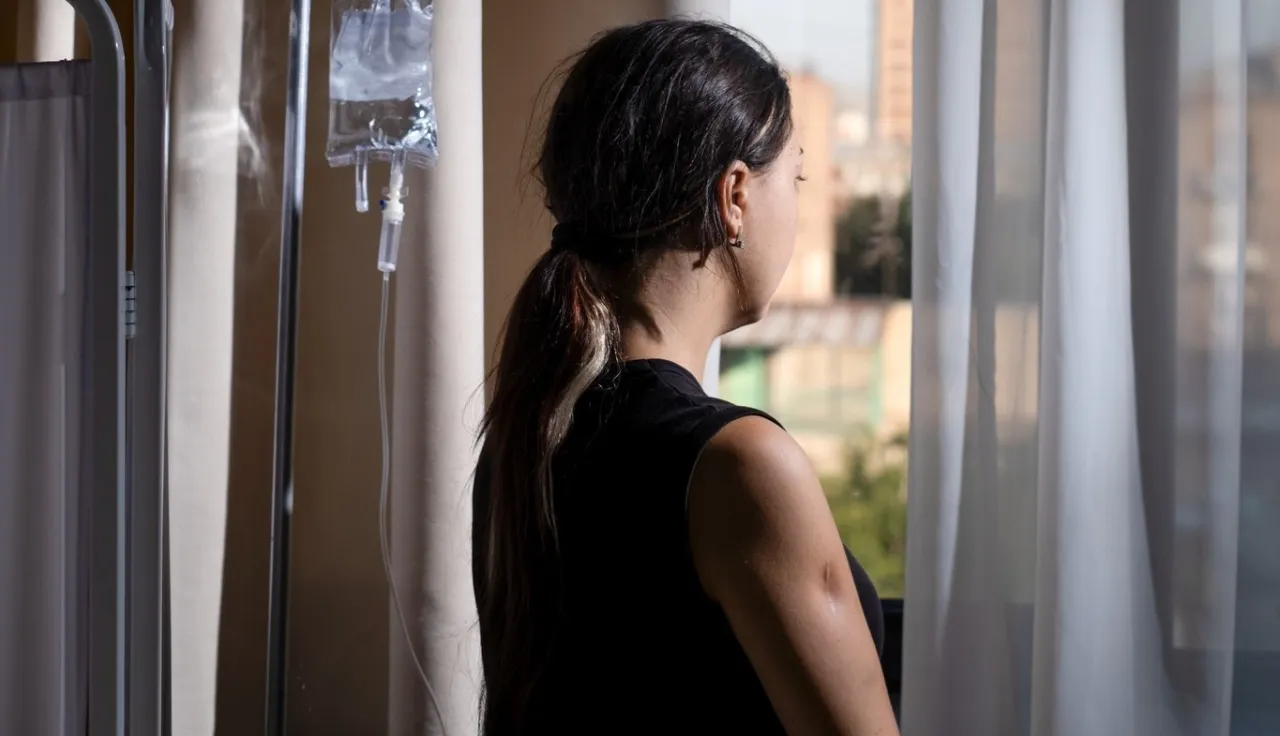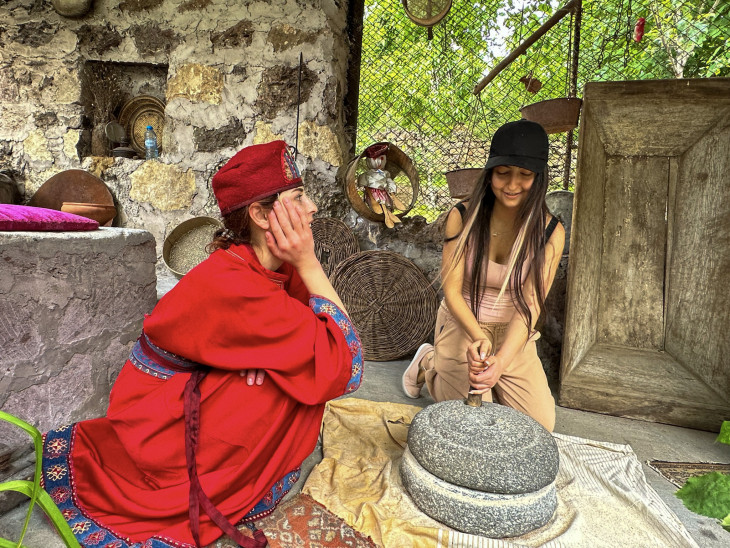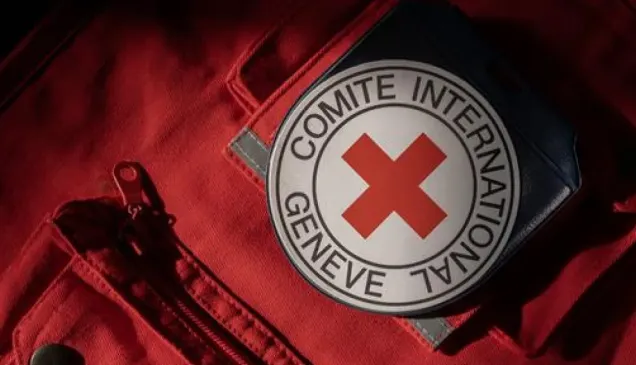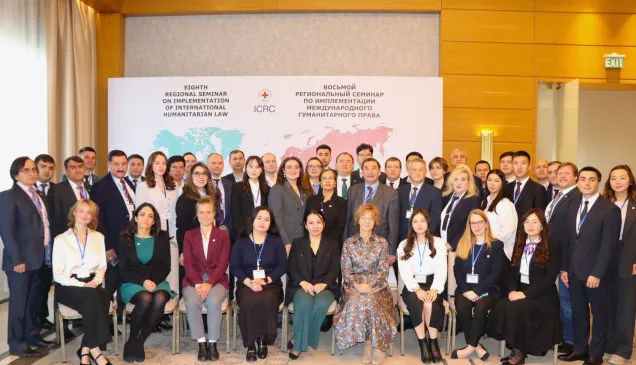Armenia: Waiting to recover health and reunite with husband

“I was in coma for a month. Doctors said there was no hope, and they finally decided to turn off the life support machine.
At that very moment I opened my eyes. I don't see it as mere coincidence; I believe God granted me a second chance at life.”
Tatev Aristakesyan's husband went missing following the escalation of conflict in 2020. In October 2020, the family got news of his disappearance. It triggered severe health problems for Tatev and she slipped into a coma.
Even after reviving from coma, Tatev has continued to struggle with health issues. Dependent on her mother's assistance, she struggled with basic activities like walking. "As I slowly recovered mobility, I started sleeping fully clothed in anticipation of a potential call about my husband's return. I did not want to lose any time whenever the call came," she says.
Over time though her hope began to diminish and she felt worn out and desperate. "But, I realized that seeing me constantly exhausted and with swollen eyes was taking a heavy toll on my two children. It pushed me to persevere for their sake," says Tatev.

Currently undergoing treatment, she once again talks with hope that her husband will return when she is fully recovered. Tatev dreams of the moment when her husband will visit her in the hospital, carrying a bouquet of flowers. She says,
It is like two halves of the body are yet to reunite. Although we have different parents, my husband and I are alike in many ways. I believe he was also facing death like I was, and as I have come out of the coma, he is also on his way home.
Tatev is engaged in the Accompaniment program, implemented by the ICRC for the families of persons who went missing in connection with the conflict escalations since autumn 2020. The program aims to support families in finding answers regarding the fate and whereabouts of their missing loved ones, enhance their abilities to cope with difficulties related to these disappearances and address their multiple needs. Tatev notes that the MHPSS group sessions have significantly reduced symptoms of anxiety and depression she faced and have helped her a lot in her interaction with people around her.
In the region affected by conflict, around 5,000 people have been missing since the 1990s, and following the escalation of conflict in 2020–2022. Behind every missing person is a family suffering the anguish and uncertainty of not knowing what happened to their loved ones and coping with the many consequences of this ambiguity.



